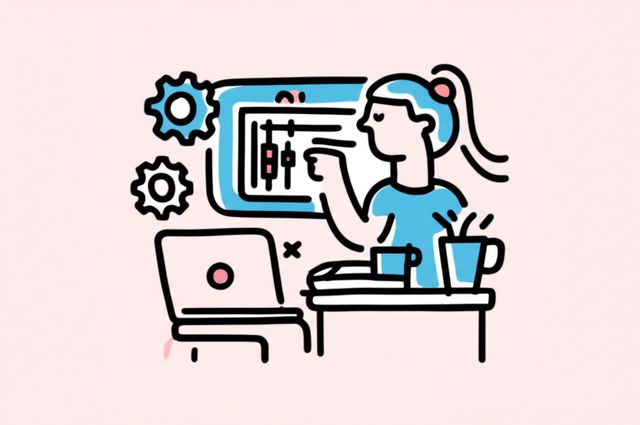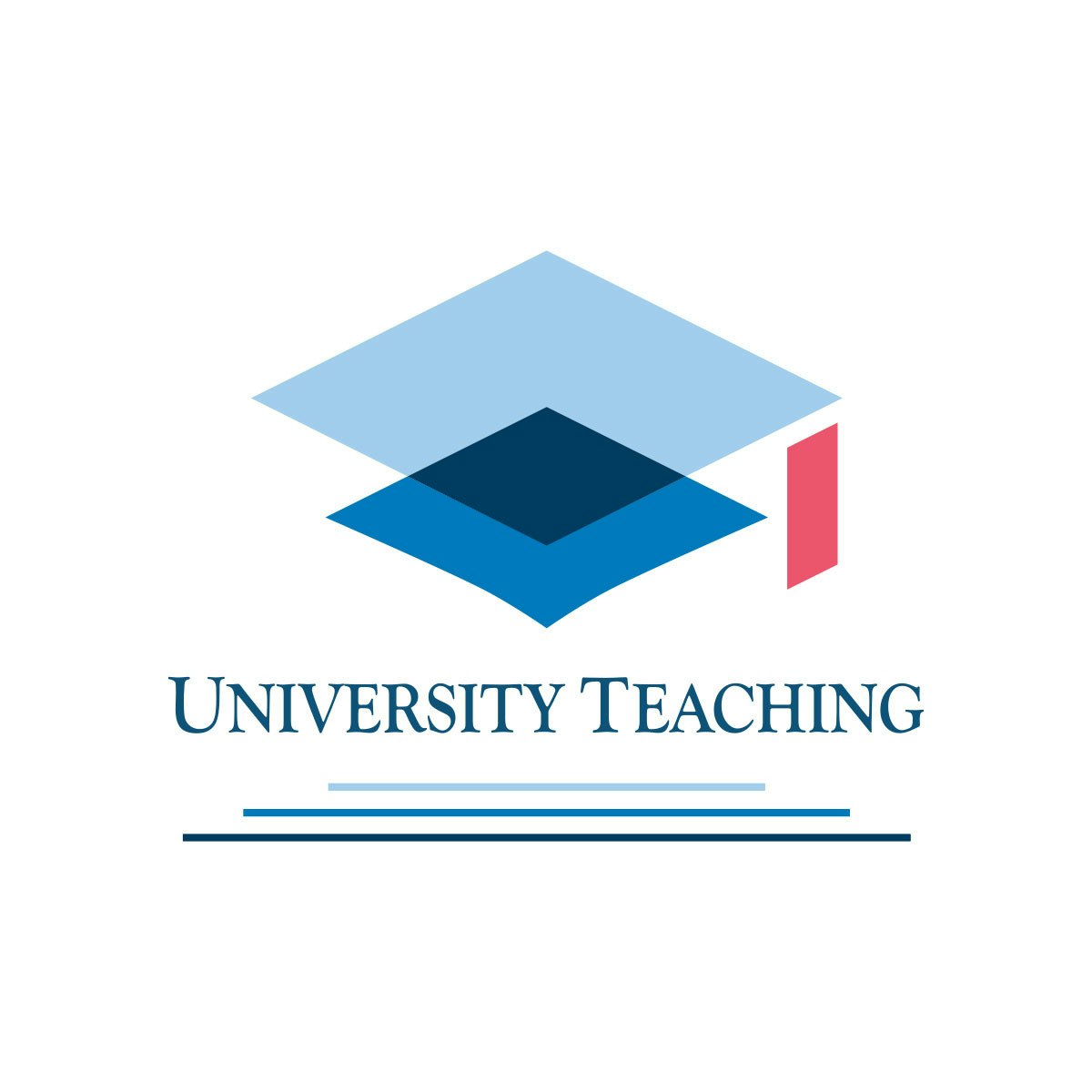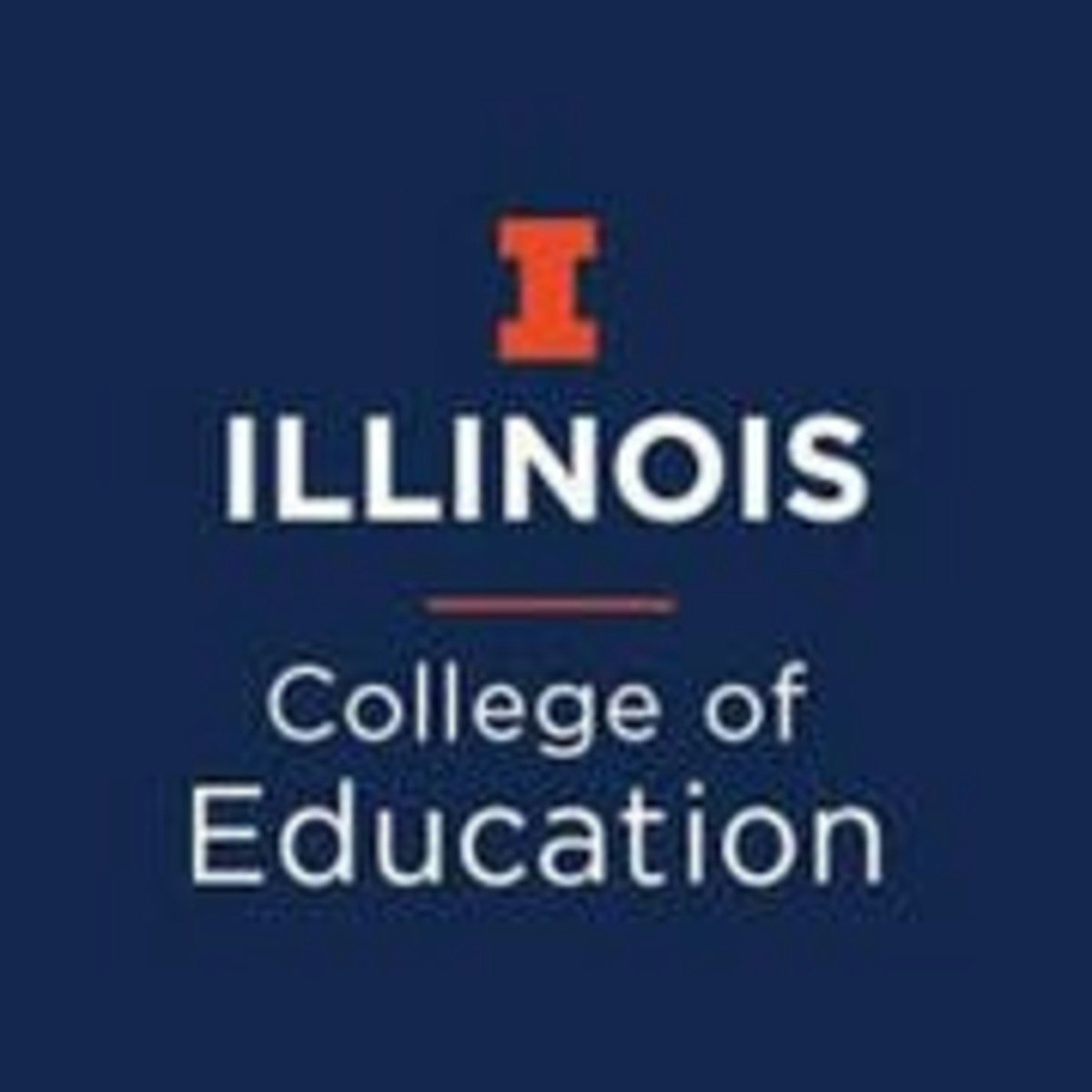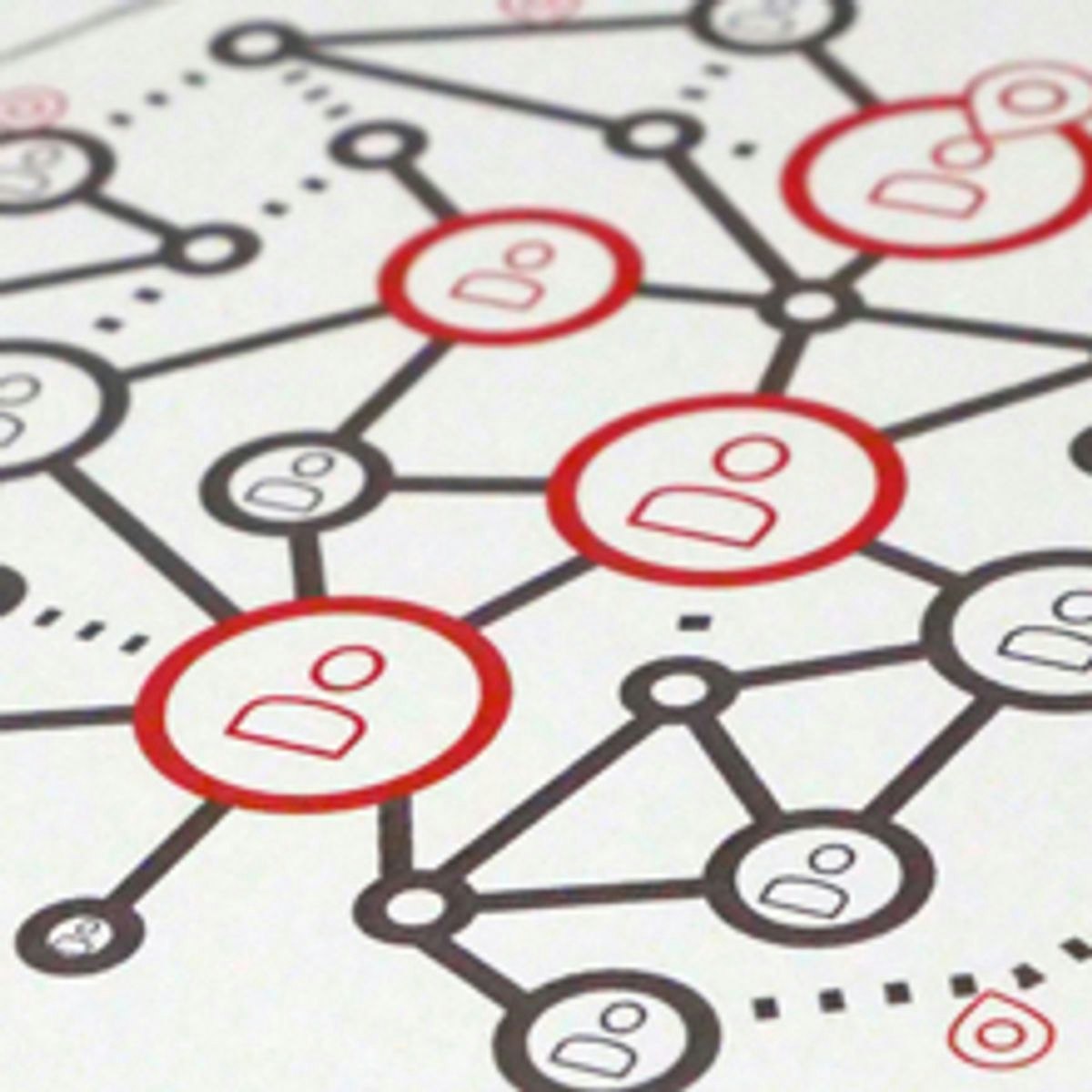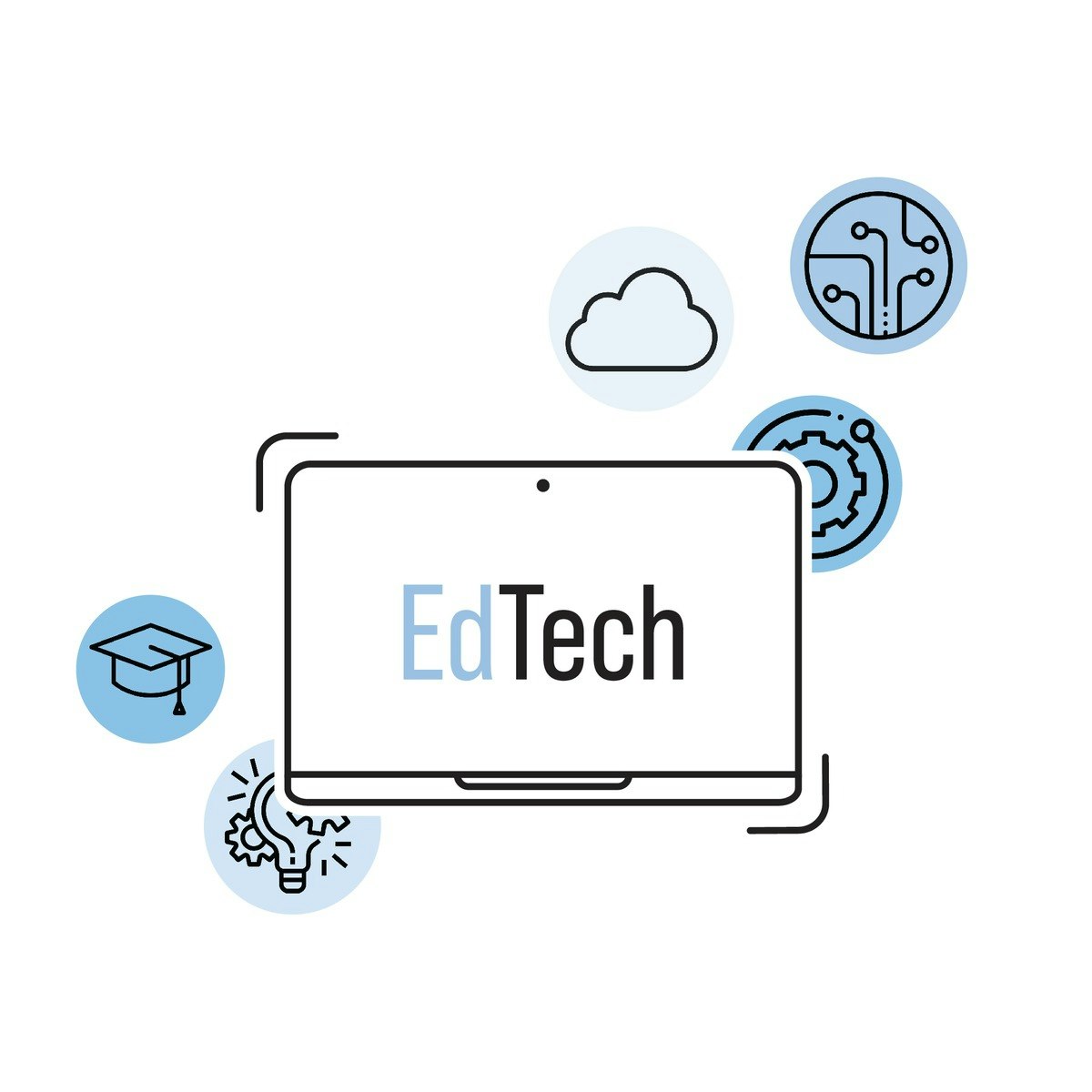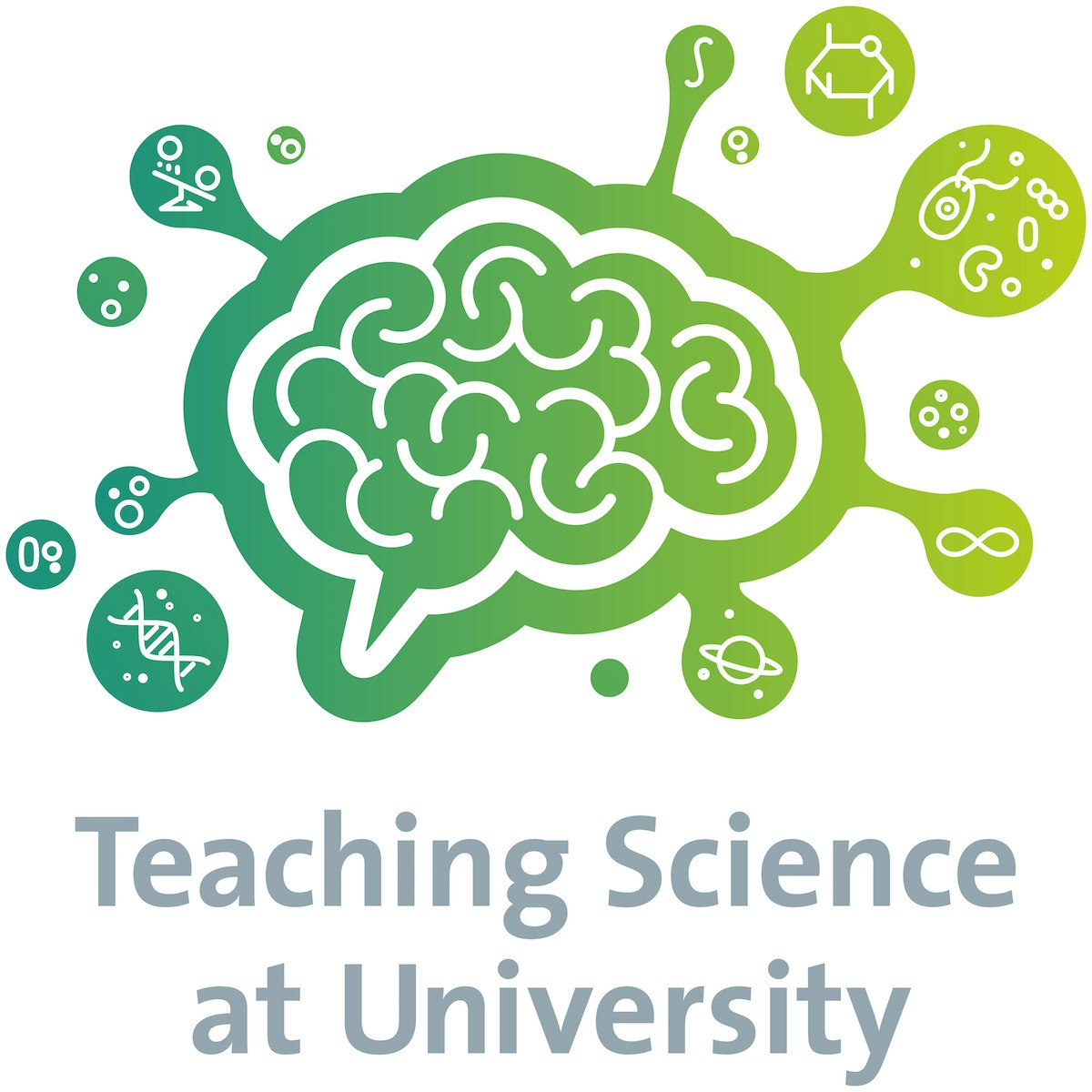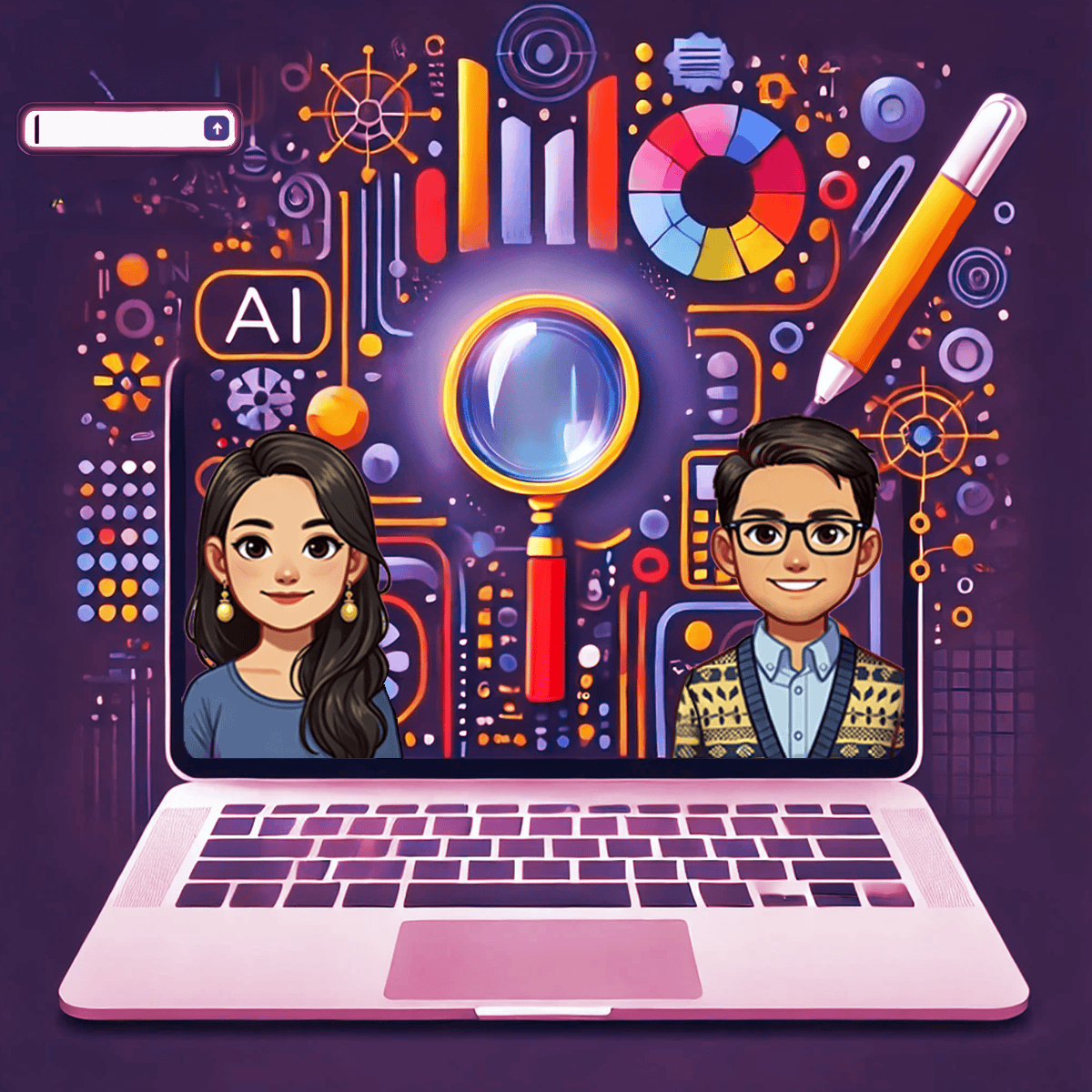Curriculum Developer
Becoming a Curriculum Developer: Shaping the Future of Learning
A Curriculum Developer is an architect of learning experiences. At its core, this role involves designing, developing, and implementing educational or training curricula. Think of them as the master planners who decide what needs to be taught, how it should be taught, and how learning will be measured to ensure effectiveness. They work across various settings, from K-12 schools and universities to corporate training departments and government agencies, shaping the knowledge and skills of diverse audiences.
What makes this career path potentially exciting? Firstly, it offers the chance to directly influence learning outcomes and make a tangible impact on how individuals acquire knowledge and skills. Secondly, the role often involves collaboration with subject matter experts, educators, and technologists, making it a dynamic and interdisciplinary field. Finally, as education and training constantly evolve, Curriculum Developers are at the forefront, adapting content and methods to meet new challenges and leverage emerging technologies, ensuring learning remains relevant and engaging.
What Does a Curriculum Developer Actually Do?
Understanding the day-to-day responsibilities of a Curriculum Developer provides insight into the skills and mindset required for success in this field. While specific tasks vary by industry and organization, several core functions define the role.
Designing Learning Objectives and Assessment Frameworks
A fundamental responsibility is defining clear, measurable learning objectives. What should learners know or be able to do after completing the curriculum? These objectives guide the entire design process. Curriculum Developers determine the specific knowledge, skills, and attitudes that need to be imparted.
Equally important is designing how learning will be assessed. This involves creating frameworks for evaluation, which could include tests, projects, presentations, simulations, or performance observations. The goal is to accurately measure whether learners have achieved the stated objectives and identify areas needing improvement.
Effective assessment design ensures that evaluations are aligned with learning goals and provide meaningful feedback to both learners and instructors. This often involves applying principles of assessment theory and psychometrics to create valid and reliable measurement tools.
These courses offer insights into designing effective learning experiences and assessment strategies, crucial skills for any Curriculum Developer.
Understanding the foundational theories behind curriculum design is essential. These books provide comprehensive frameworks and historical context.
Collaborating with Experts and Educators
Curriculum Developers rarely work in isolation. They collaborate closely with Subject Matter Experts (SMEs) to ensure the accuracy and relevance of the content. SMEs provide the deep knowledge in a specific area, while the Curriculum Developer translates that expertise into effective learning materials.
They also work with instructors, teachers, or trainers who will deliver the curriculum. This collaboration ensures that the materials are practical, usable in the intended learning environment, and meet the needs of the educators delivering the content. Feedback from instructors is vital for refining and improving the curriculum over time.
Strong communication, interpersonal, and project management skills are essential for managing these collaborative relationships effectively. Facilitating discussions, resolving differing opinions, and ensuring everyone is working towards a common goal are key aspects of this collaborative process.
Ensuring Alignment and Compliance
Curricula often need to align with specific standards, regulations, or organizational goals. In K-12 or higher education, this might mean aligning with state or national academic standards. In corporate settings, it could involve ensuring training meets compliance requirements or supports strategic business objectives.
Curriculum Developers must research and understand these requirements thoroughly. They ensure that the learning objectives, content, activities, and assessments all support the necessary standards or goals. This requires attention to detail and the ability to interpret complex guidelines.
Maintaining documentation and demonstrating alignment is often part of the role, particularly in regulated industries or educational institutions accountable to governing bodies. This ensures transparency and validates the quality and relevance of the educational program.
Evaluating Program Effectiveness
The job doesn't end once the curriculum is implemented. Curriculum Developers are responsible for evaluating its effectiveness. This involves collecting and analyzing data on learner performance, engagement, and satisfaction.
Data might come from assessment results, surveys, focus groups, or feedback from instructors. Developers use this information to identify strengths and weaknesses in the curriculum. They look for patterns and trends to understand what's working well and what needs revision.
Based on this analysis, they make recommendations for improvement and iterate on the curriculum design. This continuous improvement cycle ensures that learning programs remain effective and responsive to the evolving needs of learners and the organization.
Building Your Foundation: Formal Education
While practical experience is invaluable, a strong educational background often serves as the bedrock for a career in curriculum development. Formal education provides theoretical knowledge, research skills, and recognized credentials that many employers seek.
Undergraduate Studies
Many Curriculum Developers begin with a bachelor's degree. Common fields include education, instructional design, communications, or a subject area they later specialize in (like science, history, or business). An education degree provides a solid grounding in learning theories, pedagogy, and classroom management.
Degrees in Instructional Design specifically focus on the systematic process of creating learning experiences. Communication degrees develop essential writing and presentation skills. A degree in a specific subject area can be beneficial if you aim to develop curricula within that field, providing deep content knowledge.
Regardless of the specific major, coursework often includes topics like educational psychology, assessment methods, technology integration, and communication strategies. These foundational courses equip aspiring developers with the basic tools of the trade.
Graduate Programs
For those seeking more specialized knowledge or aiming for leadership roles, a master's degree is often beneficial. Programs in Curriculum and Instruction, Educational Technology, Instructional Design, or Learning Sciences delve deeper into theoretical frameworks, research methodologies, and advanced design techniques.
Graduate studies allow for specialization in areas like online learning, adult education, K-12 curriculum, or specific subject areas. Students often engage in practical projects, developing curricula or evaluating existing programs, providing valuable portfolio pieces.
A master's degree can enhance career prospects, qualify individuals for higher-level positions, and potentially lead to higher earning potential. It signals a deeper commitment to the field and a more advanced skill set.
These courses offer a university-level perspective on teaching and learning principles.
Doctoral Research
A doctorate (Ph.D. or Ed.D.) is typically pursued by those interested in research, university teaching, or high-level leadership positions in large educational organizations or government agencies. Doctoral programs focus heavily on research methodology, curriculum theory, educational policy, and pedagogical innovation.
Ph.D. candidates conduct original research, contributing new knowledge to the field. This might involve studying the effectiveness of different instructional strategies, exploring the impact of technology on learning, or developing new curriculum models.
While not required for most Curriculum Developer roles, a doctorate opens doors to academia and positions where deep theoretical understanding and research skills are paramount. It represents the highest level of formal education in the field.
Certifications and Credentials
Beyond degrees, various certifications can enhance a Curriculum Developer's profile. Teaching licenses are often required for K-12 roles. Professional organizations may offer certifications in instructional design or educational technology, demonstrating specific competencies.
Some software vendors offer certifications for specific learning management systems (LMS) or authoring tools, which can be valuable in roles heavily focused on digital learning development. These credentials signal proficiency with specific technologies commonly used in the field.
Pursuing relevant certifications can demonstrate ongoing professional development and specialized expertise, making candidates more competitive in the job market.
Online Learning and Building Your Path
Formal education isn't the only route into curriculum development. The rise of online learning provides flexible and accessible pathways for acquiring necessary skills and knowledge. This is particularly encouraging for career pivoters or those seeking to supplement existing qualifications.
Core Topics for Independent Study
Aspiring Curriculum Developers can build a strong foundation by studying core concepts independently. Key areas include learning theories (like behaviorism, cognitivism, constructivism), instructional design models (such as ADDIE, SAM), assessment design principles, and multimedia learning principles.
Understanding adult learning principles (andragogy) is crucial for corporate training roles, while developmental psychology is vital for K-12 curriculum design. Familiarity with accessibility standards (like WCAG) and Universal Design for Learning (UDL) principles ensures curricula are inclusive.
Online platforms like OpenCourser offer a vast array of courses covering these topics, often taught by university faculty or industry experts. Self-directed study requires discipline but allows learners to focus on areas most relevant to their career goals.
These courses cover essential instructional design principles and learning theories accessible through online platforms.
These books delve into differentiating instruction and designing with the learner's brain in mind, offering practical strategies.
Building a Portfolio
Practical experience is critical. Aspiring developers can build a portfolio by undertaking freelance projects, volunteering for non-profits, or creating sample learning modules. This demonstrates practical skills to potential employers.
A portfolio might include examples of needs analyses, design documents, storyboards, eLearning modules, instructor guides, or assessment instruments. Each piece should showcase specific skills and ideally include a brief description of the project context and the developer's role.
Contributing to open educational resources (OER) or developing short workshops can also provide valuable portfolio content. The key is to create tangible evidence of your ability to design and develop effective learning experiences.
Combining Online and Formal Learning
Online courses can effectively supplement formal education. University students can use them to gain practical skills in specific authoring tools or delve deeper into niche topics not covered extensively in their degree programs.
Professionals in related fields (like teaching or training delivery) can use online courses to bridge skill gaps and prepare for a transition into curriculum development. Completing a series of targeted online courses or a specialized certificate program can provide the focused knowledge needed for a career pivot.
OpenCourser's features, like saving courses to a list using the Save to List button, can help learners curate their own learning paths, combining resources from different providers to build a personalized curriculum for their career goals.
These courses focus on leveraging technology and innovative approaches in teaching.
Mastering the Tools
Proficiency with relevant technology is often essential. This includes Learning Management Systems (LMS) like Canvas or Moodle, eLearning authoring tools such as Articulate 360 or Adobe Captivate, video editing software, and graphic design tools.
Familiarity with project management software and collaborative platforms (like Slack or Microsoft Teams) is also beneficial. Many online courses focus specifically on mastering these tools, offering hands-on practice.
Building technical proficiency alongside theoretical knowledge makes candidates more versatile and employable. Many tool providers offer free trials or educational licenses, allowing learners to gain practical experience.
Career Path and Advancement
The journey as a Curriculum Developer can take various forms, offering opportunities for growth, specialization, and transition into related roles. Understanding the typical progression can help individuals plan their career trajectory.
Starting Your Career
Entry-level positions might have titles like Instructional Coordinator, Training Specialist, eLearning Developer, or Assistant Curriculum Developer. These roles often involve supporting senior developers, creating specific learning materials, managing course logistics, or adapting existing content.
In these initial roles, individuals gain practical experience applying instructional design principles, working with SMEs, and learning the specific processes and tools used within an organization. Building a strong foundation in project management and collaboration is key at this stage.
Focusing on developing a broad skill set, seeking mentorship, and demonstrating a willingness to learn are crucial for advancement. Early career professionals might work in schools, universities, corporate training departments, or educational technology companies.
Mid-Career Growth and Specialization
With experience, Curriculum Developers take on more complex projects and greater responsibility. They might lead curriculum design initiatives, manage teams of developers, or specialize in a particular area like assessment design, mobile learning, or accessibility.
Titles at this stage could include Senior Curriculum Developer, Lead Instructional Designer, or Curriculum Manager. Responsibilities often shift towards strategic planning, program evaluation, and mentoring junior staff. Some may transition into roles focused purely on Instructional Design or Learning Experience (LX) Design.
Mid-career professionals often pursue further education or certifications to deepen their expertise. They may also present at conferences or publish articles, contributing to the broader field and building their professional reputation.
This book offers insights relevant to educators navigating mid-career stages.
Freelance and Consulting Opportunities
Experienced Curriculum Developers may choose to work independently as freelancers or consultants. This offers flexibility and the opportunity to work on diverse projects across various industries.
Freelancers might specialize in niche areas, such as developing compliance training for the financial sector or creating STEM curricula for non-profits. Building a strong network, marketing their services, and managing business operations are essential skills for success in freelance work.
Consultants often work on larger-scale projects, advising organizations on learning strategy, evaluating existing programs, or implementing new educational technologies. This path requires significant expertise, a strong portfolio, and excellent client management skills.
Demand and Market Trends
The demand for Curriculum Developers remains steady, driven by the ongoing need for effective education and training in both academic and corporate sectors. According to the U.S. Bureau of Labor Statistics, employment of training and development managers (a related field often involving curriculum oversight) is projected to grow faster than the average for all occupations.
Growth areas include online learning, corporate compliance training, healthcare education, and skills development programs aimed at addressing workforce gaps. The increasing adoption of technology in education also fuels demand for developers skilled in creating digital learning experiences.
Salaries vary widely based on experience, education, industry, and geographic location. Generally, roles requiring advanced degrees or specialized technical skills command higher compensation. Those working in corporate settings or consulting may earn more than those in K-12 or non-profit sectors, although mission-driven work offers other rewards.
Where Curriculum Development Happens: Industry Applications
The skills of a Curriculum Developer are applicable across a wide range of industries and sectors. Understanding these different contexts can help individuals identify areas that align best with their interests and expertise.
Corporate Training vs. Formal Education
Curriculum development in corporate settings often focuses on job-specific skills, compliance training, leadership development, or onboarding new employees. The goals are typically tied to business objectives like improving performance, reducing errors, or increasing sales. Timelines can be faster, and the emphasis is often on practical application and measurable return on investment.
In K-12 and higher education, curriculum development is guided by academic standards, pedagogical theories, and broader educational goals. The focus is on foundational knowledge, critical thinking, and long-term student development. Development cycles may be longer, involving committees and extensive review processes.
While core principles of instructional design apply in both contexts, the target audience, learning objectives, assessment methods, and regulatory environments differ significantly. Developers may specialize in one area or transition between them.
This course explores teaching methods relevant to higher education settings.
This book discusses the unique challenges and strategies for K-12 teachers.
Government and Non-Profit Roles
Government agencies employ Curriculum Developers for various purposes, such as training public sector employees, developing public health campaigns, or creating educational materials for civic engagement. These roles often involve navigating bureaucratic processes and ensuring alignment with public policy goals.
Non-profit organizations utilize curriculum development for volunteer training, community education programs, advocacy initiatives, or workforce development programs serving specific populations. The work is often mission-driven, focusing on social impact and resource efficiency.
Both sectors require developers who can create effective learning experiences often with limited budgets, addressing diverse audiences and complex social issues. Grant writing or fundraising knowledge can sometimes be beneficial in non-profit roles.
Adapting to Emerging Fields
A key aspect of curriculum development is its application in new and rapidly evolving fields. As technology advances and societal needs change, developers are needed to create learning programs for emerging areas.
Examples include developing curricula for Artificial Intelligence (AI) literacy, data science bootcamps, green energy technician training, or cybersecurity awareness programs. This requires developers to be adaptable, quick learners, and comfortable working with SMEs in cutting-edge domains.
Staying abreast of industry trends and technological advancements is crucial for developers working in these dynamic areas. They play a vital role in equipping the workforce and the public with the knowledge and skills needed for the future.
Navigating the Challenges
Like any profession, curriculum development comes with its own set of challenges. Awareness of these potential hurdles can help aspiring and current developers prepare and build resilience.
Balancing Standardization and Personalization
Organizations often require standardized curricula to ensure consistency and meet broad requirements. However, effective learning often benefits from personalization to meet individual learner needs and preferences.
Curriculum Developers must navigate this tension, designing programs that are consistent yet flexible. This might involve creating core content with optional supplementary materials, offering multiple pathways through a course, or building in opportunities for learner choice.
Leveraging technology for adaptive learning pathways can help, but designing truly personalized experiences at scale remains a significant challenge, requiring careful planning and sophisticated design.
Addressing Bias and Accessibility
Ensuring curricula are free from cultural bias and accessible to all learners, including those with disabilities, is a critical ethical responsibility. Developers must actively review content, imagery, and language to avoid stereotypes or exclusionary perspectives.
Designing for accessibility involves adhering to standards like the Web Content Accessibility Guidelines (WCAG) for digital materials and considering diverse learning needs when selecting activities and assessments. This requires ongoing learning and a commitment to inclusive design principles.
Addressing deeply ingrained systemic biases can be complex and requires careful consideration, diverse perspectives in the design team, and sensitivity to the experiences of all potential learners.
Keeping Pace with Technology
The field of educational technology is constantly evolving. New tools, platforms, and pedagogical approaches emerge frequently. Curriculum Developers need to stay current with these advancements to create modern, engaging learning experiences.
This requires continuous learning, experimenting with new technologies, and evaluating their pedagogical value. It can be challenging to distinguish fleeting trends from genuinely impactful innovations.
Integrating new technologies effectively requires more than just technical skill; it demands a deep understanding of how technology can support learning goals, rather than becoming a distraction or an end in itself.
This course focuses on integrating technology into teaching.
Budget Constraints and Resource Allocation
Developing high-quality curricula, especially those involving multimedia or sophisticated technology, can be resource-intensive. Curriculum Developers often work within tight budgets and timelines.
This necessitates creativity, resourcefulness, and strong project management skills. Developers must prioritize effectively, make informed decisions about trade-offs, and find cost-effective solutions without compromising learning quality.
Advocating for necessary resources and clearly communicating the value and impact of curriculum development initiatives can be an important part of the role, particularly in settings where funding is limited.
The Evolving Landscape: Future Trends
The field of curriculum development is dynamic, shaped by technological advancements, shifting pedagogical philosophies, and evolving societal needs. Staying aware of future trends is crucial for career longevity and impact.
AI-Driven Adaptive Learning
Artificial Intelligence (AI) is increasingly influencing education. AI-powered platforms can personalize learning paths, provide adaptive feedback, and analyze learner data to identify areas of difficulty in real-time. Curriculum Developers will need to learn how to design content that works effectively within these systems.
This involves structuring content modularly, defining clear relationships between concepts, and creating diverse assessment items that AI can use to gauge understanding. Understanding the capabilities and limitations of AI in education will be crucial.
As AI tools become more sophisticated, developers may collaborate with AI, using it to generate initial drafts of content, identify potential learning gaps, or even create personalized learning activities, transforming the design process itself.
Micro-credentials and Modular Education
There is a growing trend towards shorter, more focused learning experiences, often recognized by micro-credentials or digital badges. Learners seek flexible pathways to acquire specific skills relevant to their careers.
Curriculum Developers are increasingly tasked with designing modular content that can be assembled into various learning paths or offered as standalone micro-courses. This requires a different approach to structuring content compared to traditional, monolithic courses.
Understanding competency-based education frameworks and designing assessments that validate specific skills are becoming more important in this evolving landscape.
Globalization and Standardization
As education and work become more globalized, there is increasing discussion around international standards and cross-cultural curriculum design. Developers may need to create content suitable for diverse international audiences.
This involves considering cultural nuances, language differences, and varying educational backgrounds. Designing culturally sensitive and universally relevant learning experiences requires careful research and collaboration with international partners.
The rise of global online learning platforms also necessitates understanding international accreditation standards and learner expectations in different regions.
Ethical Considerations in Learner Analytics
Digital learning platforms generate vast amounts of data about learner behavior and performance (learner analytics). While this data can inform curriculum improvements, it also raises ethical concerns about privacy, bias in algorithms, and data security.
Curriculum Developers need to be aware of these ethical considerations when designing learning experiences and utilizing data. Understanding data privacy regulations and advocating for responsible use of learner analytics is becoming part of the role.
Balancing the potential benefits of data-driven improvement with the ethical imperative to protect learner privacy will be an ongoing challenge for the field.
Frequently Asked Questions (FAQs)
Navigating the path to becoming a Curriculum Developer often involves specific questions. Here are answers to some common queries.
Is a teaching background required to become a Curriculum Developer?
Not necessarily, but it is often beneficial. Many Curriculum Developers transition from teaching roles, bringing valuable classroom experience and understanding of learners. However, backgrounds in instructional design, writing, technology, or a specific subject area can also provide strong foundations.
What matters most is a deep understanding of learning principles, design processes, and collaboration skills. Experience in education or training delivery provides practical context, but strong design skills and knowledge of learning theory can be acquired through other routes, including formal education in instructional design or dedicated self-study.
Ultimately, employers look for a combination of theoretical knowledge, practical skills demonstrated through a portfolio, and the ability to work effectively within their specific context (e.g., K-12, corporate, higher ed).
How does this role differ from instructional design?
The terms "Curriculum Developer" and "Instructional Designer" are often used interchangeably, and there is significant overlap. However, some distinctions can be made. Curriculum Development often implies a broader scope, focusing on the overall program structure, sequence of courses, and alignment with larger educational goals or standards.
Instructional Design (ID) frequently focuses more on the specific learning experience within a single course or module. IDs often concentrate on selecting appropriate instructional strategies, developing specific learning activities, and creating engaging materials (especially eLearning).
In practice, many roles blend both functions. A Curriculum Developer might perform detailed instructional design tasks, while an Instructional Designer might contribute to broader curriculum planning. The specific responsibilities depend heavily on the organization and the role's focus.
These courses provide a grounding in instructional design, highlighting the overlap and distinctions with curriculum development.
What soft skills are most critical for success?
Beyond technical and design skills, several soft skills are crucial. Strong communication (written and verbal) is essential for collaborating with SMEs, writing clear content, and presenting ideas. Project management skills are needed to handle deadlines, resources, and multiple stakeholders.
Analytical and critical thinking skills are vital for needs analysis, evaluating learning effectiveness, and solving design problems. Creativity helps in developing engaging activities and finding innovative solutions. Adaptability is key for keeping pace with changing technologies and learner needs.
Finally, strong interpersonal skills, empathy, and the ability to build rapport are important for working effectively with diverse teams and understanding learner perspectives. These skills enable developers to navigate the collaborative and human-centered aspects of the role.
Can this career be pursued remotely?
Yes, many Curriculum Developer and Instructional Design roles can be performed remotely. The nature of the work, which often involves digital content creation, research, writing, and virtual collaboration, lends itself well to remote arrangements.
The prevalence of remote opportunities increased significantly in recent years and remains common, particularly in corporate and higher education settings, as well as for freelance roles. Tools for virtual collaboration, project management, and remote content development facilitate this.
However, some roles, especially those involving hands-on training development or close collaboration with on-site teams, may require partial or full-time presence in an office or specific location. Job postings typically specify whether a role is remote, hybrid, or on-site.
What industries offer the highest compensation?
Compensation varies greatly, but generally, Curriculum Developers working in the corporate sector, particularly in technology, finance, or pharmaceutical industries, tend to earn higher salaries. Consulting roles also often command higher rates due to the specialized expertise required.
Salaries in higher education can be competitive, especially for senior roles or positions at well-funded institutions, but may not reach the levels seen in some private industries. K-12 and non-profit sectors typically offer lower compensation compared to corporate or higher education roles.
Factors like geographic location, years of experience, level of education (e.g., master's or doctorate), specialized technical skills (like advanced eLearning development), and specific responsibilities significantly influence salary levels within any industry.
How stable is this career amid automation trends?
While AI and automation are influencing the field, the core skills of a Curriculum Developer – understanding learning, critical thinking, creativity, collaboration, and empathy – are difficult to automate fully. AI can assist with tasks like content generation or data analysis, but human oversight and design expertise remain crucial.
The role is likely to evolve, requiring developers to work alongside AI tools and focus more on higher-level design thinking, strategic planning, and ensuring the ethical and effective use of technology. Adaptability and a willingness to learn new technologies will be key for long-term stability.
The fundamental need for effective learning and skills development across all sectors suggests continued demand for professionals who can design and orchestrate meaningful educational experiences, even as the tools they use change.
Useful Resources
For those exploring a career as a Curriculum Developer, several resources can provide further information and support:
- Professional Organizations: Associations like the Association for Talent Development (ATD) and The eLearning Guild offer resources, networking opportunities, conferences, and certifications relevant to curriculum development and instructional design.
- Educational Research Journals: Publications like the "Educational Technology Research and Development" journal provide insights into the latest research and theories in the field.
- Government Labor Statistics: Resources like the U.S. Bureau of Labor Statistics Occupational Outlook Handbook offer data on job outlook, salary ranges, and required qualifications for related roles.
- Online Learning Platforms: Websites like OpenCourser allow you to explore thousands of courses in Education, Instructional Design, and related fields to build foundational knowledge or specific skills.
- Open Educational Resources (OER): Platforms hosting OER provide access to free learning materials and examples of different curriculum approaches.
Embarking on a career as a Curriculum Developer is a journey into the heart of learning and education. It requires a blend of creativity, analytical thinking, technical skill, and a passion for helping others learn and grow. While challenges exist, the opportunity to shape knowledge, adapt to new technologies, and make a meaningful impact across diverse fields makes it a rewarding and dynamic profession. Whether you come from a traditional education background or are pivoting from another field, pathways involving both formal study and flexible online learning can equip you with the necessary tools to succeed in this vital role.

